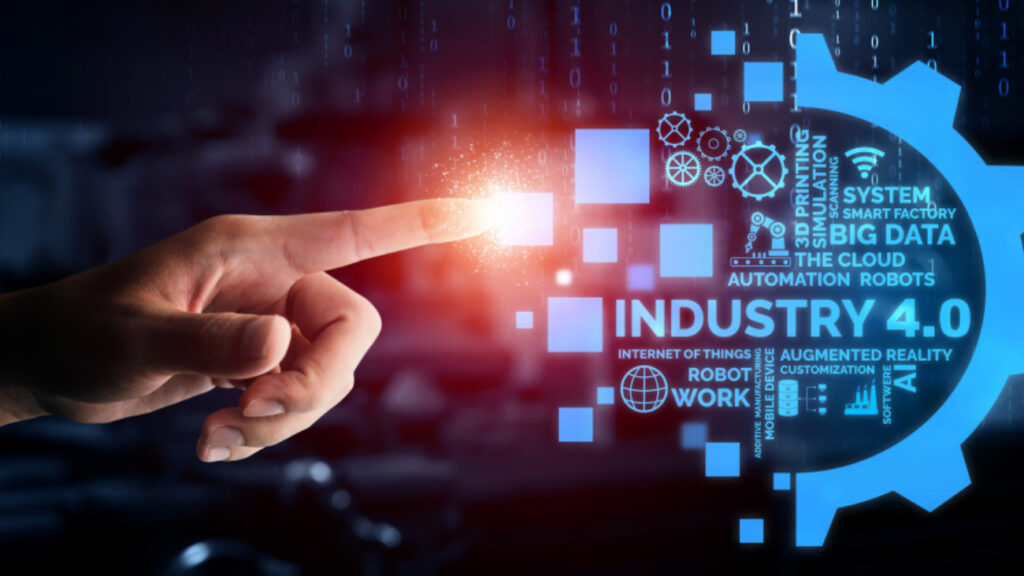In a world of total interconnection, we now need to manage our own digital identities stated Bahaa Abdul Hadi. Self-Sovereign Identity (SSI) is a fresh approach to digital identity. It allows you to control all aspects of your personal data without any need for third parties.
By allowing you to determine when someone gets access to information about you, this system of self-used identity not only provides added privacy but also offers a safer and more efficient means for doing business within today’s digital ecosystem.
What Are Digital Identities?
Your digital identity is the information, or data, which represents you in the online world. It’s how you verify your existence across digital platforms, whether you’re logging into a website, making an online purchase, or signing a contract.
However, Self-Sovereign Identity (SSI) restores the power over your digital presence to your hands. SSI is a decentralized approach to digital identity, where people can own and control their personal data without relying on central authorities.
This means you no longer have to wait for companies to verify your identity or for data to be fetched from a central server. You can control it and decide when and where to share.
Why Your Digital Identity Matters
Your digital identity is just as important as your physical identity. It’s the gateway to nearly every service you use on a daily basis, from social media and online banking to health care and government services. As more information and interactions move online, securing and controlling your digital identity is essential to maintaining a scope of personal data and privacy.
- Privacy Protection: In a world where data breaches are commonplace, your digital identity gives you some power over what personal information people know about you.
- Security: With stronger authentication methods like biometrics and multi-factor authentication (MFA), taking ownership of your own data and identity is one way to make sure that no one else gets into your accounts.
- Convenience: Often when you take ownership of an identity, it simplifies things such as logging in to an account, signing documents, or proving your age—all without depending on external sources (or complicated passwords).
The Power of Self-Sovereign Identity (SSI)
Self-Sovereign Identity is transforming the way we think about digital access. Traditional identity systems rely upon third parties for verification and storage of your data—not an efficient model, which is prone to breaches.
Key benefits of SSI include:
- Decentralization: As opposed to traditional systems where companies own your data, SSI lets you keep your data on safe, distributed platforms. This reduces the risk that hackers will steal or breach a mass of centralized data.
- Enhanced Security: Using cryptographic techniques, SSI provides top-tier security and ensures that your information is both tamper-proof and only verified by parties that have been authorized by you.
- Greater Control: SSI gives its users a greater sense of agency. You are in control and do not need intermediaries to deal with your data access.
Conclusion
The rise of SSI and digital identity management is giving more power to individuals who want control over their personal data. This will enhance privacy and make the whole security thing better. We are heading for a future made up of decentralization and privacy. Getting control over your digital identity won’t just allow you to have more say over the details but also shape what future generations expand on to start. The article has been written by Bahaa Abdul Hadi and has been published by the editorial board of Identity Herald. For more information, please visit www.identityherald.com.




